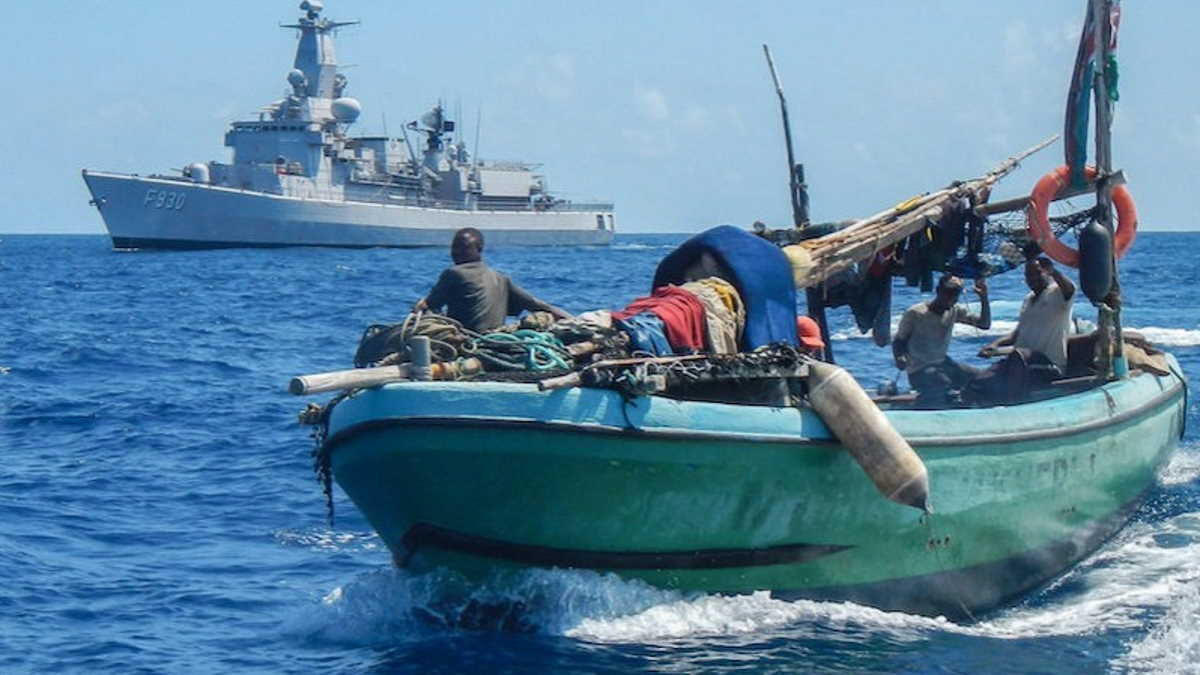Somalia loses approximately $300 million a year to illegal, unreported and unregulated fishing in its vast waters. With the longest coastline in Africa, 3,333 km along the Indian Ocean and the Gulf of Aden, its seas are a valuable resource for both legal and illegal fishing operations.
Weak government, political instability and lack of effective law enforcement have exacerbated the problem. To address this situation, Turkey and Somalia signed a memorandum of understanding in February 2024 whereby the Turkish Armed Forces will collaborate on maritime security and law enforcement for the next 10 years.
Illegal fishing in Somalia is mostly carried out by foreign vessels from countries such as China, Iran, South Korea, Taiwan and Spain. Some of these vessels fraudulently obtain licences and do not report their catches, selling the fish on international markets. In addition, certain Somali federal states, such as Puntland and Somaliland, issue licences without consulting the central government, exacerbating the problem.
In the 2000s, overexploitation of marine resources led Somali fishermen to resort to piracy as a means of subsistence. While interventions by international naval forces reduced this threat, recent Houthi attacks in the Red Sea have raised fears of a possible resurgence.
A strategic partner
Since President Recep Tayyip Erdoğan's visit to Somalia in 2011, Turkey has become a key ally, investing more than $100 million in infrastructure, education and security. It has also boosted hydrocarbon exploration in Somali waters.
The current maritime agreement will allow Turkey to strengthen Somalia's naval capacity through training, joint operations and equipment. In return, Turkey will receive 30% of Somali exclusive economic zone revenues and access to oil and gas exploration, whose reserves could reach 30 billion barrels.
The pact creates uncertainty in semi-autonomous regions such as Puntland and Somaliland, which have similar agreements with other regional powers. In addition, the recent agreement between Ethiopia and Somaliland, which grants Ethiopia access to the sea in exchange for its recognition of Somaliland, has generated tensions with Somalia. Turkey has mediated these disputes, achieving some détente with the Ankara Declaration in December 2024.
However, Turkey's growing role in Somalia could make powers such as the US, UAE, Egypt, Qatar, UK and China, which have invested in key Somali sectors, uncomfortable. A possible distancing of these actors could slow down Somali recovery.
Somalia will need to balance its alliance with Turkey and cooperation with other international partners to ensure both the security of its waters and its economic and political stability.

Source: issafrica.org 13/03/2025
This article was originally published by ENACT.
